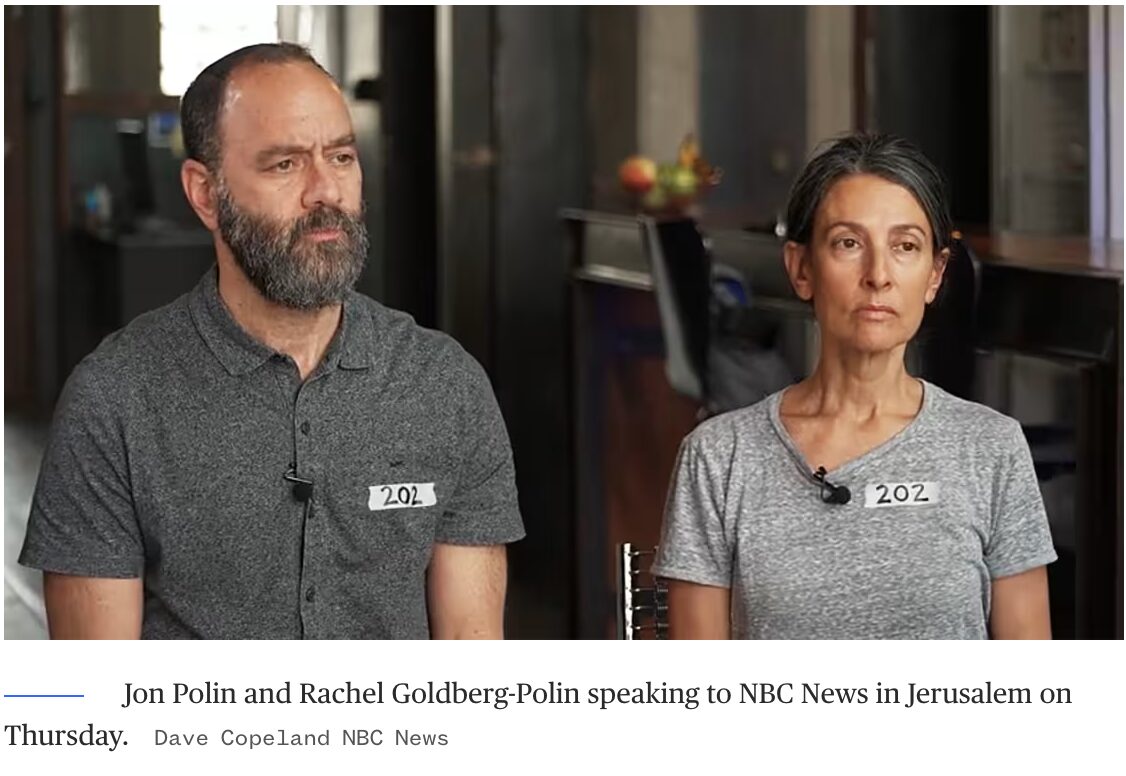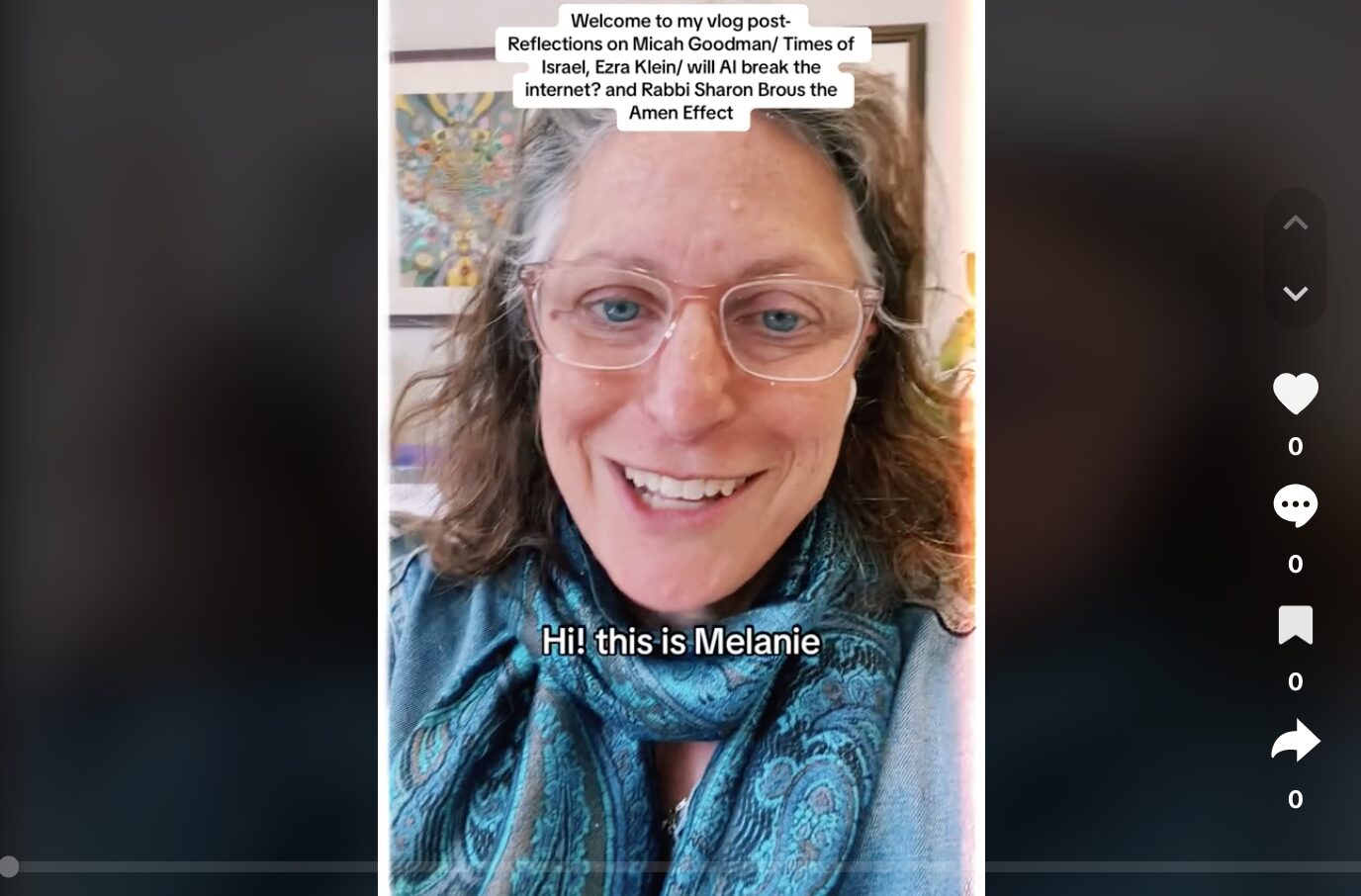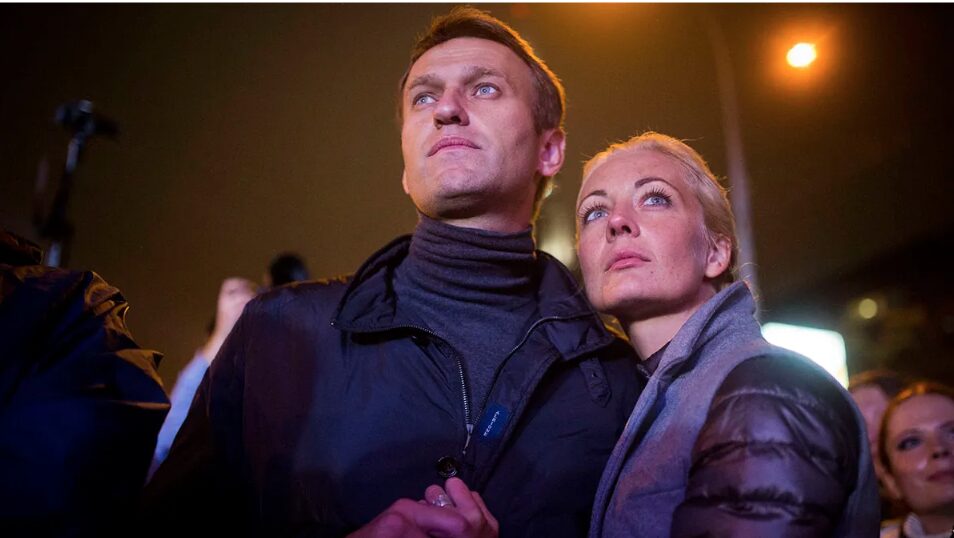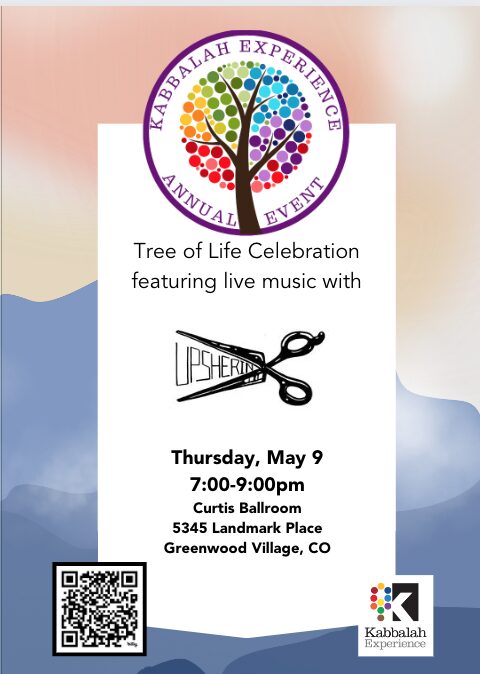In the ‘Eleven Principles of Kabbalah Experience’, we invite gratitude.
Accept reality as it is. Live with a deep sense of gratitude. Seek and offer forgiveness in your everyday experiences.
Brene Brown, author and speaker, teaches us:
These are anxious and fearful times, both of which breed scarcity. We’re afraid to lose what we love the most, and we hate that there are no guarantees.
There is one guarantee: If we’re not practicing gratitude and allowing ourselves to know joy, we are missing out on the two things that will actually sustain us during the inevitable hard times.
Addressing scarcity doesn’t mean searching for abundance but rather choosing a mind-set of sufficiency.
In a world that fosters vulnerability, how do we find space to find connection, joy and gratitude?
Like courage, and like love- like prayer, exercise, and meditation- gratitude takes practice. We need to make gratitude a verb- we have to practice it. As we create the habit of recognizing what we have, and acknowledging that it is ‘enough’, we can cultivate greater joy and gratitude in our day-to-day lives.
Lynne Twist (author of The Soul of Money) writes:
Sufficiency isn’t two steps up from poverty or one step short of abundance It isn’t a measure of barely enough or more than enough. Sufficiency isn’t an amount at all. It is an experience, a context we generate, a declaration, a knowing that there is enough, and that we are enough.
In traditional Passover gatherings, we sing the song ‘Dayenu’ (literally, ‘it is enough’). What would it look like if we embraced ‘Dayenu’ in our every day?
What if we practiced and embraced the mindset that what we have enough, and what we are is enough? What does it look like if we vocalize it? If we write it down? If we share our gratitude with others?
The Hebrew term for gratitude is hakarat hatov, which means, literally, “recognizing the good.” Practicing gratitude means recognizing, becoming conscious, of the good that is already ours.
What are you grateful for today?










3 Comments
marta.pentecost · August 22, 2019 at 8:29 am
What a great theme to discuss today (or any day!). I am grateful to my husband for teaching me hard lessons. Lynne Twist’s book sounds very interesting. Perhaps I should pick up a copy to read!
Anita Khaldy Kehmeier · September 2, 2019 at 8:04 pm
I am grateful to all the women who come to the classes…so curious, so open and actually showing up in droves.
Anita Khaldy Kehmeier · September 10, 2019 at 2:46 pm
“Every act a ceremony.
Every word a prayer.
Every walk a pilgrimage.
Every place a shrine.”
~ Charles Eisenstein